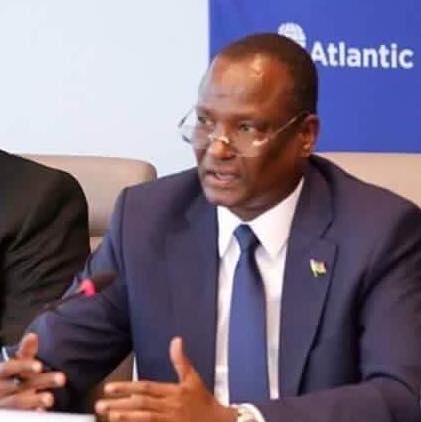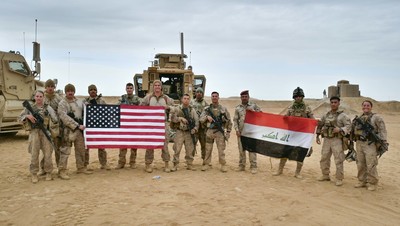Nepal civil war victims concern over return of transitional justice process
Victims of the Nepal Civil War have criticised and voiced their discontent over the government’s decision to revive the transitional justice process, this week.
The latest move made by the government’s recommendation committee pledged to recruit members for two transitional process committees – the Truth and Reconciliation Commission (TRC) and the Commission of Investigation on Enforced Disappeared Persons (CIEDP), reported Al Jazeera.
Nepal’s government formed the TRC and CIEDP in 2015 to support a transitional justice process, but activists claim that developments have been obstructed by several delays and political intervention.
This Monday, the government began a nationwide procedure to consult victims about the Transitional Justice Act (TJA). A statement from Dhanraj Gyawali, a spokesman of the Ministry of Law, Justice and Parliamentary Affairs (MoLJP) said:
"Government officials, victims, and other stakeholders will discuss amendment to the Transitional Justice Act. We will incorporate their feedbacks and start drafting the bill amendment. We expect about 80 participants in each [of the seven] province."
However, the recent decision to revive the transitional justice process has been met with disapproval from victims, who insist the "cursory" government processing fails to acknowledge all the victims’ voices and that the victims who were consulted are merely a visceral representation.
The victims' group Conflict Victims' Common Platform (CVCP) opposed to this process and protested at Maitighar Mandala in the capital Kathmandu on Monday, citing the consultation was too short, just for show, not transparent and also not intended to benefit the victims.
"We had asked the government to have consultation down to the village level, and not just at the provincial level. We wanted the consultation to incorporate as many victims' voices as possible, and the process to spread over a few months. We are unhappy with the modality of the consultation itself. Our participation in the consultation will be critical," said Bhagiram Chaudhary, the president of CVCP.
Ram Bhandari, the president of National Alliance of Conflict Victims, said that the TJA should be amended prior to any decision of transitional bodies being approved.
"Of course, we want the two commissions to be reformed so that they can take the process of transitional justice forward. But if they are reformed now, it will be on the basis of existing laws, and we do not want that. The recommendation commission has not held consultation with victims, and it seems to be a victim of political interventions," said Bhandari.
The decade-long civil war fought between Maoists of the previous regime and the Nepalese army – which lasted between 1996 and 2006 – saw 16,000 deaths and approximately 1,400 disappearances and alleged to be marred with serious human rights violations committed by both sides.
In 2014, the government made a move to sanction amendments to the TJA which gave political pardon to people accused of grave human rights violations. This provoked uproar from multiple human rights groups and victims who called for the government to adhere to international standards. The amendments to the TJA were declared as unconstitutional by the Supreme Court in 2015.
Following the end of the war in 2006, the Maoists and government came to a mutual agreement where they both signed off the Comprehensive Peace Agreement (CPA). The CPA outlined steps to reveal the truth of the conflict and investigations into enforced disappearances.
However, despite it being 13 years since the war ended, multiple organisations including the International Commission of Jurists (ICJ), Amnesty International, Human Rights Watch (HRW) and TRIAL International, came out in December to criticise the government’s failure to make any progress into providing answers for victims’ cases in terms of accountability and justice, as promised in the CPA.
Read more on the International Center for Transitional Justice here.

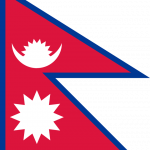

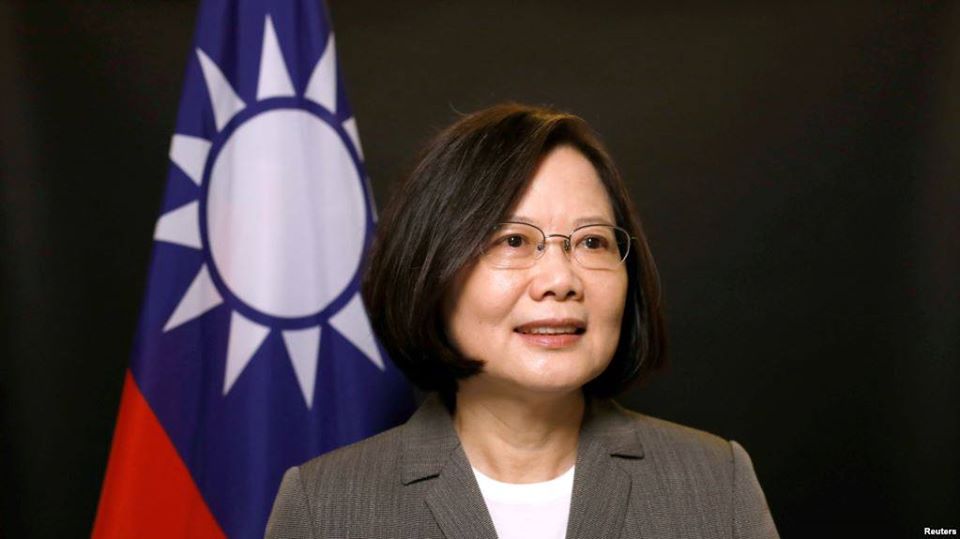



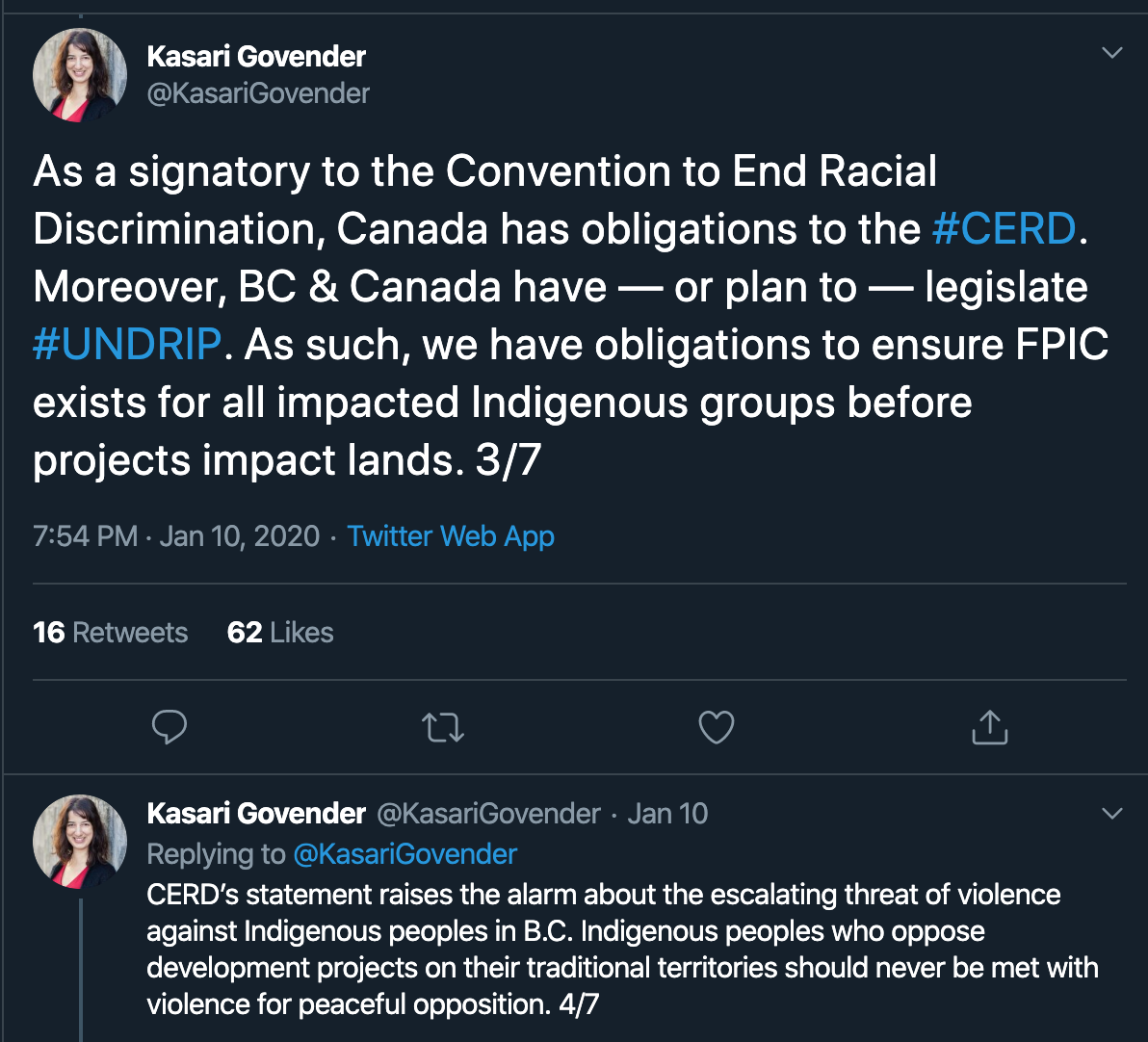
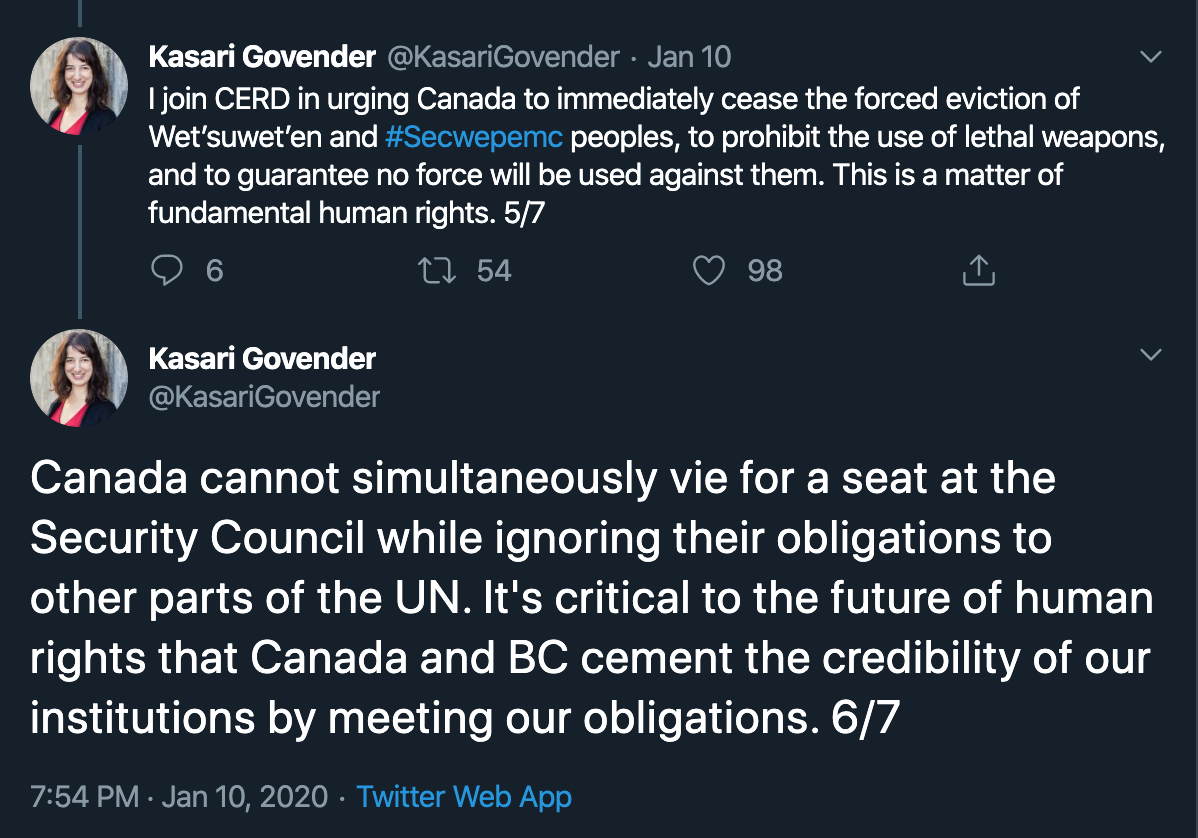


 Kenneth Roth, Human Rights Watch’s executive director has reported that he was denied entry to Hong Kong where he was set to launch HRW’s latest annual report.
Kenneth Roth, Human Rights Watch’s executive director has reported that he was denied entry to Hong Kong where he was set to launch HRW’s latest annual report.

